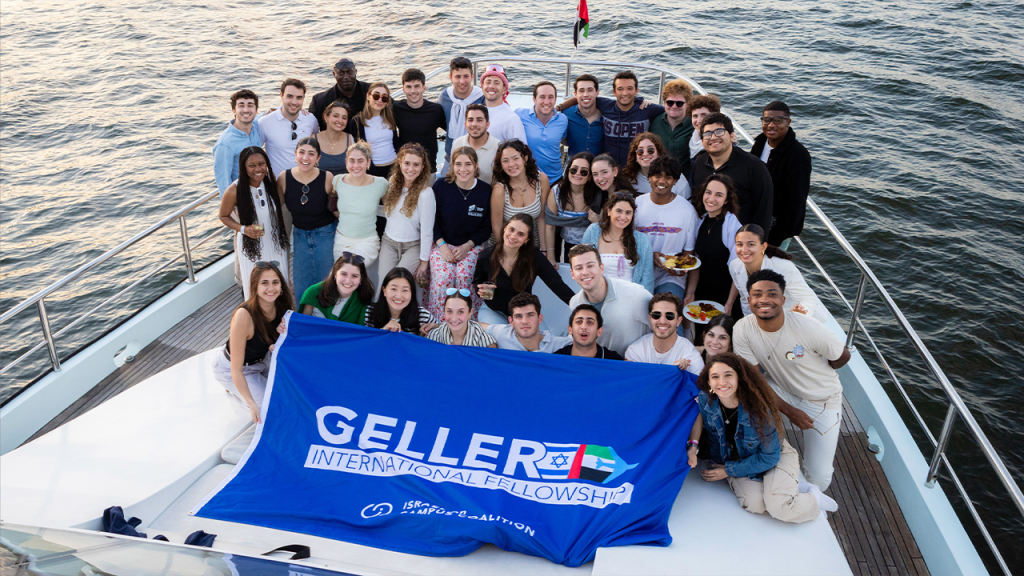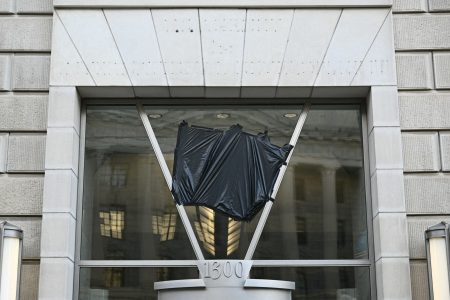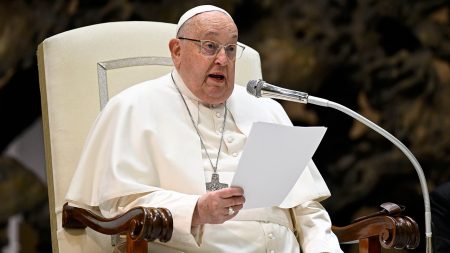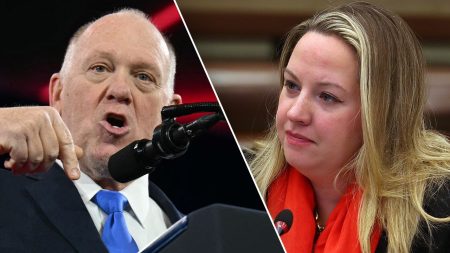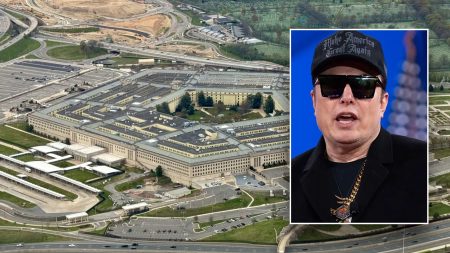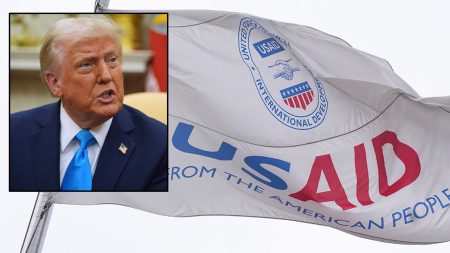The Abraham Accords, a historic peace agreement brokered by the Trump administration in 2020, normalized relations between Israel and several Arab nations, including the UAE and Bahrain. This groundbreaking achievement marked a significant shift in Middle East diplomacy, fostering cooperation and dialogue between nations that had long been at odds. To witness the impact of these accords firsthand, a group of 43 American college students embarked on a 10-day trip to Israel and the UAE during their winter break. The trip, organized by the Israel on Campus Coalition’s Geller International Fellowship, provided students with a unique opportunity to engage with business leaders, academics, and political figures, gaining valuable insights into the region’s evolving political landscape and cultural dynamics. The students’ experiences served as a powerful reminder of the potential for peace and coexistence in the Middle East, a stark contrast to the often-tense climate on their own college campuses back home.
The students’ journey through Israel and the UAE offered them a firsthand look at the tangible benefits of the Abraham Accords. They observed the burgeoning economic partnerships, cultural exchanges, and diplomatic initiatives that have emerged since the agreements were signed. Discussions with experts like Ruth Wasserman Lande and Dan Feferman highlighted the growing entrepreneurial spirit and collaborative efforts between Israelis and Emiratis. Furthermore, conversations with Jonathan Conricus and Loay Alsharef provided insights into the intricate diplomatic processes and peacebuilding efforts facilitated by the accords. These encounters allowed the students to develop a deeper understanding of the accords’ complexities and their potential to reshape the future of the Middle East.
The fellowship’s emphasis on peace and coexistence resonated deeply with the students, particularly in light of the ongoing Israeli-Palestinian conflict and the resulting tensions on American college campuses. Eden Yadegar, a Columbia University student, commented on the stark contrast between the spirit of cooperation witnessed in the Middle East and the often-polarized dialogues on her own campus. The trip served as a powerful reminder that peace is not an unattainable ideal but a tangible reality that can be achieved through diplomacy and mutual understanding. This sentiment was echoed by other students who expressed a renewed sense of hope for the region’s future.
The Israel on Campus Coalition, the organization behind the Geller International Fellowship, plays a vital role in fostering pro-Israel sentiment among American college students. By providing opportunities like this trip, the ICC aims to educate students about Israel’s complexities and empower them to become informed advocates for the U.S.-Israel relationship. Jacob Baime, CEO of the ICC, emphasized the fellowship’s role in developing future leaders who will champion the principles of the Abraham Accords and contribute to strengthening the bond between the two nations. The trip provided students with a unique platform to engage with diverse perspectives and deepen their understanding of the region’s political dynamics.
The fellowship trip took on added significance in the wake of the 2023 war in Israel and the subsequent surge in antisemitism on American college campuses. Students witnessed firsthand the impact of the conflict, both in the Middle East and at home. Sam Heller, a student at the University of Michigan, described the fellowship as a transformative experience, providing him with the confidence to stand up for truth and support Israel in the face of adversity. The trip underscored the importance of reasoned dialogue and understanding amidst the heightened tensions and polarization surrounding the conflict.
The Geller International Fellowship, generously sponsored by Martin and Lauren Geller, represents a significant investment in the future of U.S.-Israel relations. By providing students with a deeper understanding of the region’s complexities and the potential for peace, the fellowship empowers the next generation of leaders to become advocates for a more peaceful and cooperative Middle East. The program underscores the importance of education and dialogue in bridging cultural divides and fostering mutual understanding between nations. As these students return to their campuses, they carry with them a renewed sense of purpose and a commitment to promoting peace and coexistence in their communities.




